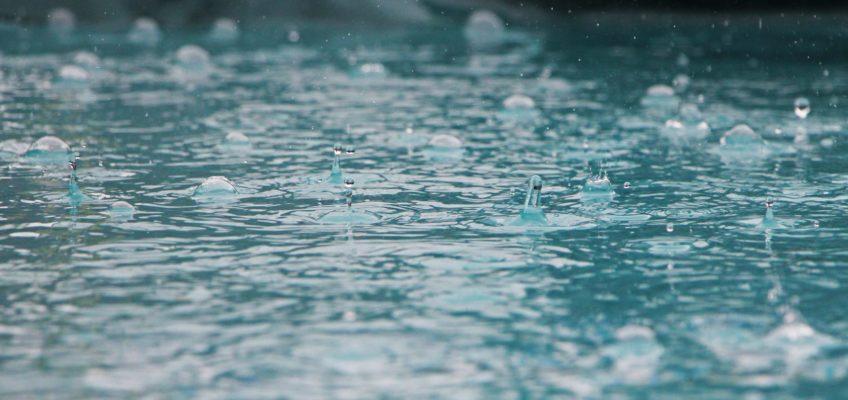New Delhi
In an alarming finding, the Indian Institute of Technology, Patna (IIT Patna), has discovered the presence of microplastics in municipal rainwater samples, raising the spectre of harmful elements increasingly becoming a big challenge for health policymakers across the globe.
According to a report by the World Health Organisation (WHO), microplastics may serve as vectors for harmful organisms, including enteric viruses and protozoa, and can cause several health hazards.
Microplastics are plastic pieces that have been cut off from larger plastic pieces and are in the micron size range. They get into the environment over years after degradation from larger plastics. Microplastics (MPs) are a global issue because they are released all over the world (Yu et al., 2018; Alimba and Faggio, 2019). In 2018, global plastics output increased to over 359 million tonnes (Mt), up from 348 Mt in 2017 (PlasticsEurope, 2019).
Dr Rahul Manchanda, Hon. Senior Consultant (Endoscopic Gynaecology), PSRI Hospital, said: “This rainwater may eventually find its way to either drinking water or bathing water. And in both these situations, in the drinking water, it can get into the digestive system, and in the bathing water, it can get into the skin and cause diseases like dermatitis. So inflammation of the skin and long-term use can also lead to different types of skin cancer.”
India currently generates 9.4 million tonnes of plastic garbage a year, according to estimates. Due to poor recycling rates and inadequate waste management infrastructure, a large amount of this debris winds up in landfills, rivers, and seas, where it slowly decomposes into microplastics. A study, “Plastic waste inputs from the land into the ocean, published in the journal Science in 2015, showed that India ranked 12th among the countries with improper management of waste plastics and was projected to be ranked fifth by 2025. According to a study, «Microplastic pollution and associated health hazards: Impact of Covid-19 pandemic,» the ultimate fate of microplastic is accumulation inside the human body, posing the risk of different health conditions like cancer, diabetes, and allergic reactions. Dr Yudhyavir Singh, Assistant Professor at AIIMS, New Delhi, said: «We are living in a plastic world. Everything is made of plastic. Whatever we are using is made of plastic. So, either it will come through the water or whatever you use. Plastic is part of your life.» He added:
«Some studies show that these plastics can also cause genetic changes affecting cells; imagine the level of harm they can cause to the body.»
Asked if microplastics have entered mother’s milk and the human heart, Singh said, “Studies show if a child at his/her early stages of life gets exposed to microplastics, then it could lead to neurodevelopmental abnormalities and cognitive issues like lack of concentration and learning disabilities or autism.”
“Today, we consume plastic every day because the food material comes in plastic, and whatever food you are offering from the rest to the end is also plastic. It is packed in plastic,” he said.
Dr Manchanda said: “Now, when we are so exposed, these fine particles will be absorbed through the food, the water, or the air in your body and can cause multiple unwanted changes in the body. If we look into how it can affect the body, then in the longer term, it can damage the respiratory system, get into the blood systems, and the digestive systems, and cause accumulation in all these systems, including different organs, and hence have harmful effects.”
Microplastics can also contain toxic substances that may disrupt normal biological processes. These microplastics are considered to have adverse effects on hormonal balance, immune function, and cellular processes, which can then raise concerns about cancer development. Even finding them in the placenta has been recently seen, and these can then affect new-borns in the critical stage of development in their organs and systems because they are essentially vulnerable to these microplastics, he added.

